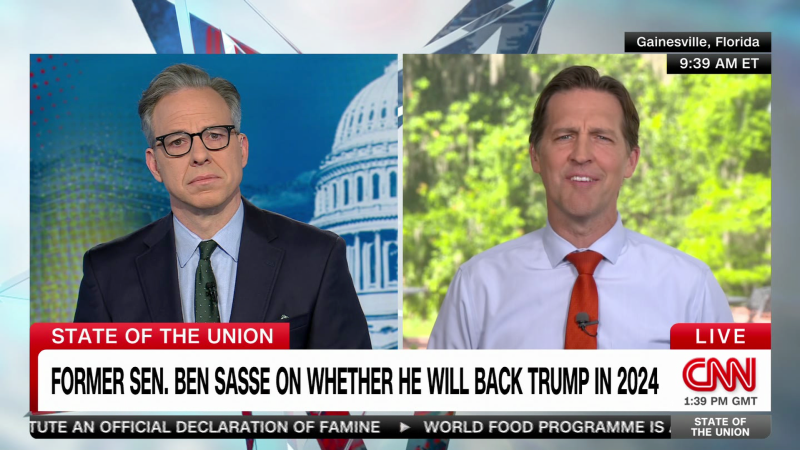Content
This content can also be viewed on the site it originates from.
Audio: Read by the author.
The market, of late, hath proved fertile soil
For those who would want more say in their toil.
The spirits of labor strife branch like a tree,
From Starbucks and Amazon to the ’leventh cent’ry:
In Jersey, knights and queens, godly and wyse,
At a Medieval Times did unionize.
On a recent evening, a pilgr’mage was planned,
By curious experts, a motley band:
One Spencer Strub, a medieval scholar.
(Brown was his beard and cotton his collar.)
Beside hym, Ellora Derenoncourt,
Like Strub, her spouse, a Princetonian sort.
Ellora, a prof of econ’my and labor,
Was drawn by these workers with horses and sabres—
What if their efforts could give forth a clue
As to what other modern unions might do?
Into this question, the pair was immersed;
And journeyed, by Honda, to humble Lyndhurst.
As Spencer ferried the pair to the fest,
Ellora laid bare their scholarly quest—
Just like Guinevere and her Lancelot,
In the safe precinct of the parking lot,
The profs would rendezvous with the Queen
To discuss the union, sans being seen.
But first they took in the feast and the games
With which this castle hath long made its fame.
Soon sacred music filled a sandy ring.
(Spencer: “The Church disapproved of this kind of thing.”)
The Queen took her throne, announcèd the feast,
And each knight came in, asaddle a beast.
Pepsi and chicken were served to the throngs
By a man called Serf Mike, wielding some tongs.
A jouster tossed fayre Ellora a flower.
“Courtly love,” Spencer shrugged, without sounding sour.
Combatants were slain, and squires, unsung,
Came through with their spades to shovel horse dung.
The profs made their exit, abided outside.
The cland’stine meeting would happen curbside.
With hope almoost lost, a figure appeared.
The image of grace, our liege! they both cheered.
Clothed in dark leggings, her bearing pristine,
Her V-neck declaimed, “It’s good to be Queen.”
She drew the professors close to the shade
To tell them how little her knights were all paid.
But this, alas, only her sad tale’s start:
“The trumpeters’ horns—they’re falling apart.”
She longs to learn the fine art of falconry,
But her income would plummet—and drastically.
And her warriors performing feats of endurance,
Oft did so without proper health insurance.
The knights from the castle, ’pon hearing her sound
Came over at once and compassed around.
Each rider and squire had his own story,
How he came to this hall to seek noble glory.
One knight did serve in the U.S. Marine Corps,
“Before that at Best Buy,” awalking the floor.
Another played Romeo, with surfeit of sighs,
And a baddie, on “Blue Bloods,” who gouged someone’s eyes.
As rumor did leak of union plans made,
The C-suite set forth to try to dissuade.
The C.E.O., a lord from far-off Spain,
Had come with entreaties to tell it plain.
Bearing subs of meteball and eggplant parm,
He’d pledged to protect his workers from harm.
But their resolve to vote did not abate;
And his catered cuisine turned second-rate—
Hot subs became cold cuts and sundry snacks
And a few health bars fished out of his slacks.
(On these details and other misc’llany
No comment was issued from the Company.)
The vote had been taken, but the contract, unsigned,
Meant many more months of bargaining grind.
Ellora observed the knights’ worthy passion;
They enjoyed their jobs; it wasn’t a cash-in.
Riding homeward, she recalled one saying, It’s true,
“I could work at Popeyes, but I love what I do.”
Old Europe had its plague, and now so do we,
Both maladies brought many a job vacancy.
Strub noted: serfs of yore took arms ’gainst their abbey
When working conditions got woefully shabby.
Looking back is good, Ellora replied, when querièd.
“But maybe not as far back as the medieval period.” ♦






More News
In ‘The Fall Guy,’ stunts finally get the spotlight
The original ‘Harry Potter’ book cover art is expected to break records at auction
Renowned painter and pioneer of minimalism Frank Stella dies at 87